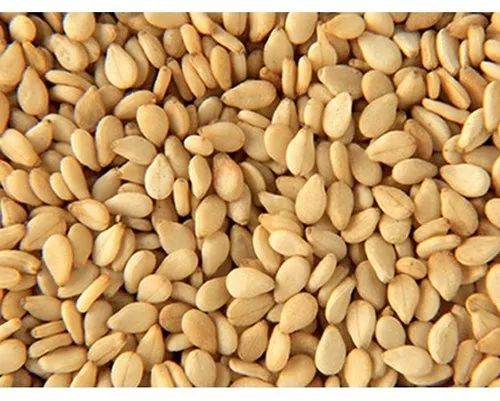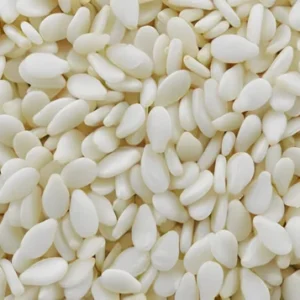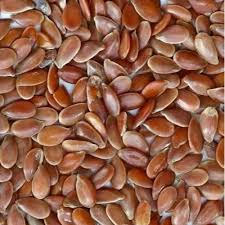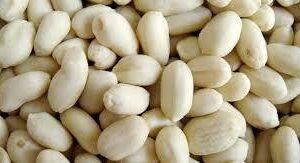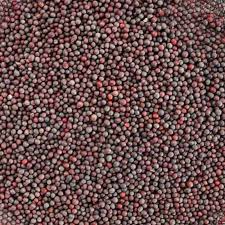Description
Natural sesame seeds, also known as unhulled sesame seeds or raw sesame seeds, are the seeds of the Sesamum indicum plant that have not undergone any processing to remove their outer husk or hull. Here are some key points about natural sesame seeds:
- Appearance: Natural sesame seeds are small, flat, and oval-shaped seeds with a light beige to tan color. They have a slightly rough texture due to the presence of the outer husk or hull, which is intact.
- Flavor and Aroma: Natural sesame seeds have a mild, nutty flavor and aroma. They are slightly more bitter than hulled sesame seeds due to the presence of the outer hull, but they still have a pleasant taste.
- Culinary Uses: Natural sesame seeds are used in various culinary applications around the world. They are commonly used as a topping or garnish for bread, rolls, bagels, and other baked goods. They can also be added to salads, stir-fries, rice dishes, and desserts for texture and flavor.
- Nutritional Value: Natural sesame seeds are rich in nutrients, including protein, healthy fats, dietary fiber, vitamins (such as B vitamins), minerals (such as calcium, iron, and magnesium), and antioxidants. They provide a concentrated source of energy and essential nutrients and are valued for their health benefits.
- Health Benefits: Natural sesame seeds are believed to have various health benefits, including supporting bone health, promoting heart health, and improving skin and hair health. They are also thought to have antioxidant and anti-inflammatory properties.
- Storage: Like other sesame seeds, natural sesame seeds should be stored in a cool, dry place in an airtight container to prevent spoilage and maintain freshness. They can also be stored in the refrigerator or freezer for longer shelf life.
Specifications
-
Botanical Name
Sesamum Indicum
-
Common Names
Til
-
Purity
Max. 99%, 99.50%, 99.95%
-
Quality
99/1, 98/2, 95/5
-
Moisture
Max. 12%
-
Cleaning
Machine Clean / Sortex Clean
-
GMO
Non Genetically Modified
-
Origin
India
Sesame in other languages:
Arabic – سمسم (simsim)
Chinese – 芝麻 (zhīma)
Vietnamese – Vừng or Mè
Malaysia (Malay)- Bijan
Singapore (Mandarin) – 芝麻 (zhīma)


